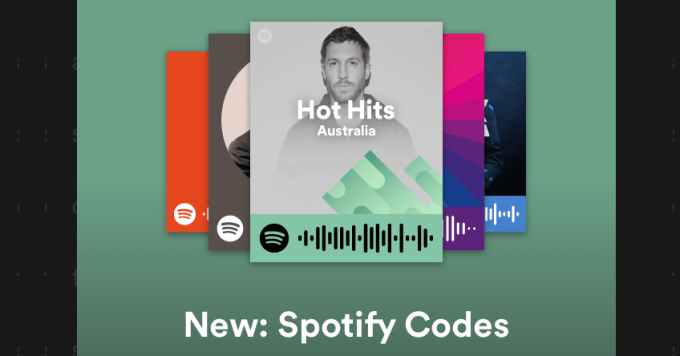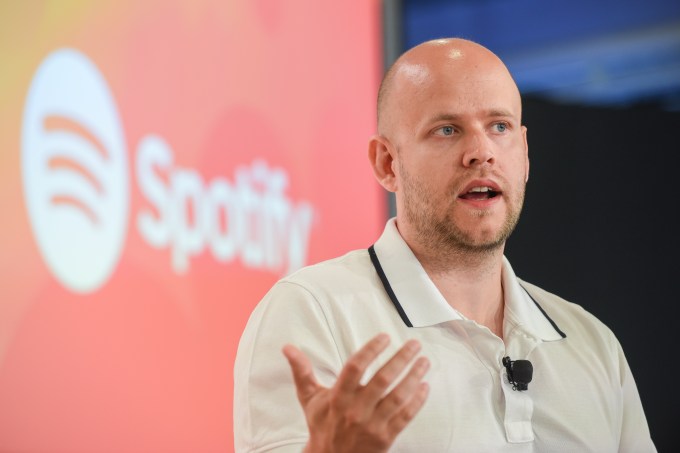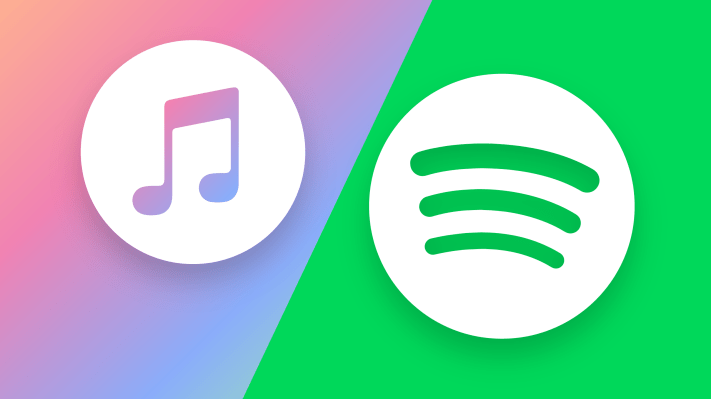Spotify’s singular focus on music sees it adding subscribers faster than the iPhone company with a streaming app on the side. Spotify has added 20 million paid subscribers in less than a year, while it’s taken Apple Music more than a year and a half to make that progress. Spotify now has 60 million subscribers, compared to Apple Music’s 27 million (as of June).
Spotify’s ability to accelerate its growth rate despite competition from arguably the world’s most powerful company is a testament to the product and community it’s built.
Apple Music offers three-month free trials, comes pre-installed on iPhones and pays big bucks for exclusive early access to top albums. Those advantages might help Apple Music win fans of particular artists, plus mainstream listeners finally switching over from MP3s. Yet Spotify remains the go-to streaming service for music lovers.
Spotify is gearing up for what’s being called a “direct listing,” where the company intends to go public without doing an IPO. Insiders, not the company, will be selling shares to the stock market.
This is a highly unusual move and has been met with widespread skepticism. While many companies dread the IPO process, which involves bankers rounding up institutional investors and determining a price for its debut, it is an opportunity to raise money for the company.
By skipping this, Spotify is potentially missing out on hundreds of millions in proceeds from the IPO, but it could do a secondary offering to raise cash at a later date. Spotify is said to be on track to complete this before the end of the year, which was previously reported by The Wall Street Journal.
Spotify growth has been fueled by several important product developments:
Discover Weekly: Spotify’s wildly popular weekly updated personalized playlist has made it the top choice for music fans trying to find new songs and artists to love. The playlist reached 40 million users its first year, and Spotify has followed it with Release Radar specifically for new tracks. Competitors like Apple and SoundCloud have tried to copy Discover Weekly, but Spotify is entrenching itself as the full-fledged streaming service for taste makers.

Spotify recently launched QR codes for sharing music
Recruiting Hold-Out Artists: While initially stuck with a bad rap for not giving enough royalties to musicians, the payouts have grown significantly alongside Spotify’s subscriber base. The cash, plus the leverage Spotify has built as it becomes a must-have distribution channel if artists want a big hit record, has lured hold-outs like Taylor Swift to adopt Spotify. The public debut could strengthen Spotify’s standing in the music industry, and convince both artist and listener holdouts that it’s built to last.
Google Home + Spotify vs Amazon Alexa: Voice-controlled music is an incredible experience that listeners are buying access to through Amazon and Google’s smart speakers. While Amazon Alexa preferences its own Amazon Prime Music service, Spotify is one of the premier partners for Google Home. It’s already more popular for dedicated music streaming than fellow partners Pandora and Google Music, and recently Google Home began allowing control of Spotify’s free ad-supported service. The partnership with Google Home will become even more important once Apple starts shipping its own HomePod smart speaker.
The No-IPO public offering
Spotify has not spoken publicly about the expected direct listing, but some close to the company believe that it could avoid some of the initial volatility. Bankers usually recommend a lower share price for a first-day “pop,” but many companies have trouble maintaining this in the coming weeks. This could be a way around that, some theorize.

CANNES, FRANCE – JUNE 22: Daniel Ek, founder and chief executive officer of Spotify, attends the Cannes Lions 2016 on June 22, 2016 in Cannes, France. (Photo by Antoine Antoniol/Getty Images)
It would also avoid those “lock-up” periods, where insiders can’t sell shares for months after the company goes public. Snap’s stock has been trading down in recent weeks in anticipation of today’s sell off.
If the experiment goes well, we may see other companies replicating it.
But it’s definitely possible that Spotify’s process will create even more volatility. The company hasn’t announced specifics about how it plans to execute this, but part of the reason IPO shares are sold to institutional investors is because they are expected to hold their positions longer.
Instead, Spotify may have to rely on its cache of cool with listeners to drive public support for its share price as it pushes to fend off Apple Music’s invasion of its streaming kingdom.
